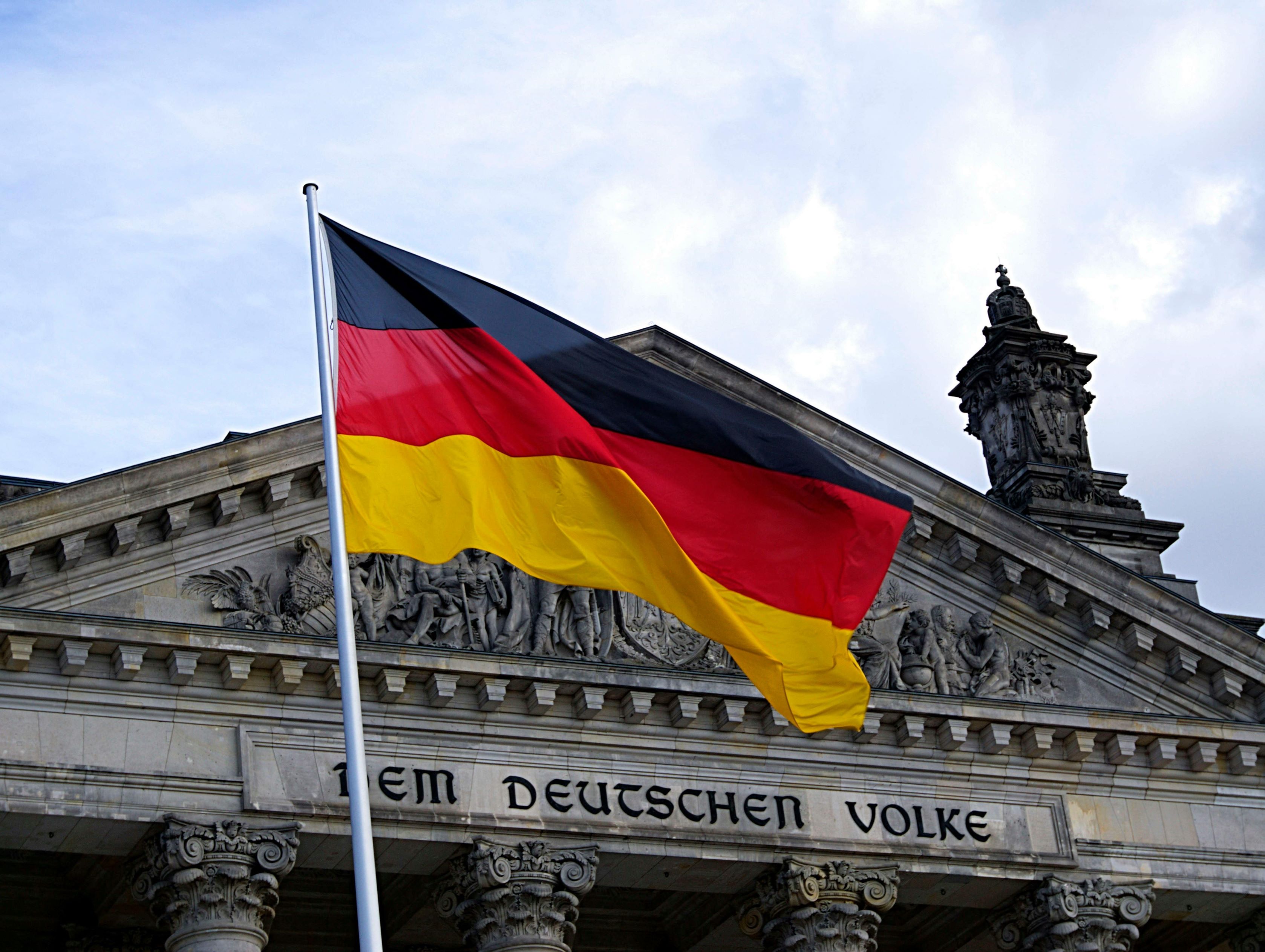Visa Stock Analysis: Is Visa a Strong Opportunity Ahead of Q4 Earnings?
$325.48
28 Jan 2026, 19:25

Pexels.com

Germany Faces Unprecedented Economic Stagnation
Germany, Europe’s largest economy, is on track for its third consecutive year of recession, marking its worst economic stagnation since World War II. According to Germany's Federal Statistics Office, the economy contracted by 0.2% in 2024, following a 0.3% shrinkage in 2023. Early estimates for the final quarter of 2024 suggest another contraction, defying expectations of modest growth.
This bleak outlook coincides with an upcoming German election, intensifying political and economic uncertainty. Economists, including Jens-Oliver Niklasch of LBBW Bank, believe 2025 will also see economic contraction, despite the Bundesbank predicting a minimal growth rate of 0.2%.
Key Drivers of Germany’s Recession
Germany's prolonged downturn stems from several structural and global challenges:
Volkswagen, a symbol of German industrial strength, has even considered closing its first domestic factory in its 87-year history, potentially cutting 15,000 jobs.
Speculating on Recovery Efforts
To combat the downturn, the incoming government will need to take decisive action. Leading candidate Friedrich Merz of the CDU/CSU has proposed:
Additionally, the European Central Bank (ECB) is expected to implement aggressive interest rate cuts in 2025, aiming to boost economic activity across the Eurozone.
Implications for Investors
The prolonged stagnation presents both challenges and opportunities for investors:
Broader Impact on the UK and Europe
Germany’s recession is a bellwether for the wider European economy. The UK, heavily reliant on trade with Germany, could face reduced demand for exports, impacting sectors like manufacturing and logistics. Meanwhile, the EU may grapple with rising political instability as voters in Germany and other nations turn to far-left and far-right parties amidst economic frustrations.
Conclusion
Germany’s economic downturn signals a pivotal moment for Europe’s largest economy. While structural reforms and ECB interventions may provide long-term relief, investors should prepare for ongoing volatility. Strategic investments in undervalued assets, European bonds, and diversified global markets could mitigate risks during this period of economic uncertainty.
Source: (Sky.com, bbc.co.uk)